The final C19 Research Group seminar of 2018 will feature Debbie Whelan (University of Lincoln) talking on the subject of ‘Controversial clerics and rambunctious rebels: Lessons in relationship, race and the retrospective lens. James Allison and Langalibalele in 19th century Natal’. The session will begin at 4pm (paper to start at 4.15pm) on Weds 14th November in MB1019. All welcome. Details below.
‘Controversial clerics and rambunctious rebels: Lessons in relationship, race and the retrospective lens. James Allison and Langalibalele in 19th century Natal.’
James Allison was a controversial Wesleyan minister who established a number of Mission stations in the colony of Natal, South Africa, in the mid-nineteenth century. He is noted for his expulsion from the Wesleyan Ministry and was ultimately ejected from the Edendale African Mission at Georgetown, near Pietermaritzburg. A milliner by trade, he had crossed the subcontinent, dragging converts with him as he went.
Part of his journey to ultimately settle in Natal Colony took him through the upper Mzinyathi region, around the present day town of Utrecht. Here he stayed for a while with the Hlubi chief Langalibalele, later to achieve notoriety in the Colony for his uprising in 1873 as a result of gun laws. These men it would seem, formed a link which perpetuated, connecting the Hlubi chief with the missionary and ultimately informing indirectly, a heritage of resistance moving into the twentieth century.
This very interdisciplinary paper will discuss the relationship between Langalibalele and Allison, and comment on the fragments of the past which can construct new, alternative dialogues in a contemporary South Africa obsessed with race and oppression rather than the practise of humanity and the everyday.
Biography
Debbie is a trained architect who subsequently wandered into the realms of anthropology and history. She was awarded undergraduate and post-graduate degrees in architecture at the University of Natal in Durban, and a BA in archaeology, anthropology and English from UNISA. Her PhD studies (London) investigated traders in Zululand in the 20th century, and as such, inculcated a further interest in interdisciplinary work. Whilst carrying out PhD fieldwork, Debbie ran a research company carrying out heritage impact assessments as well as investigating land claims. These endeavours allowed for a greatly extended field of research expertise which has allowed synthetic works such as this one on Allison and Langalibalele, to come together. Her interests are vernacular and indigenous architectures, intangible heritage, hybrid cultures, and other subaltern areas: her architectural interests revolve around the unseen – electrical substations, municipal structures, and architectures of exclusion, particularly relevant to South Africa.
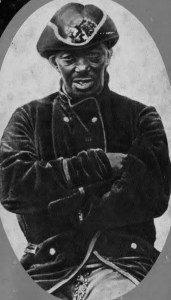
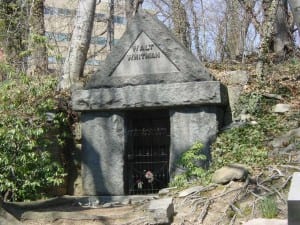
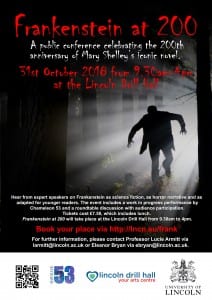
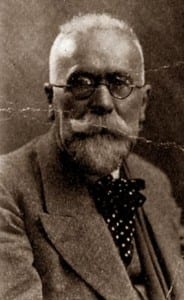
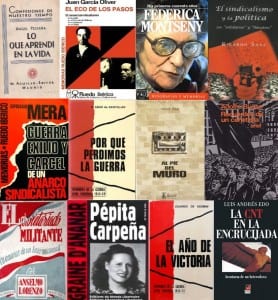
Recent Comments